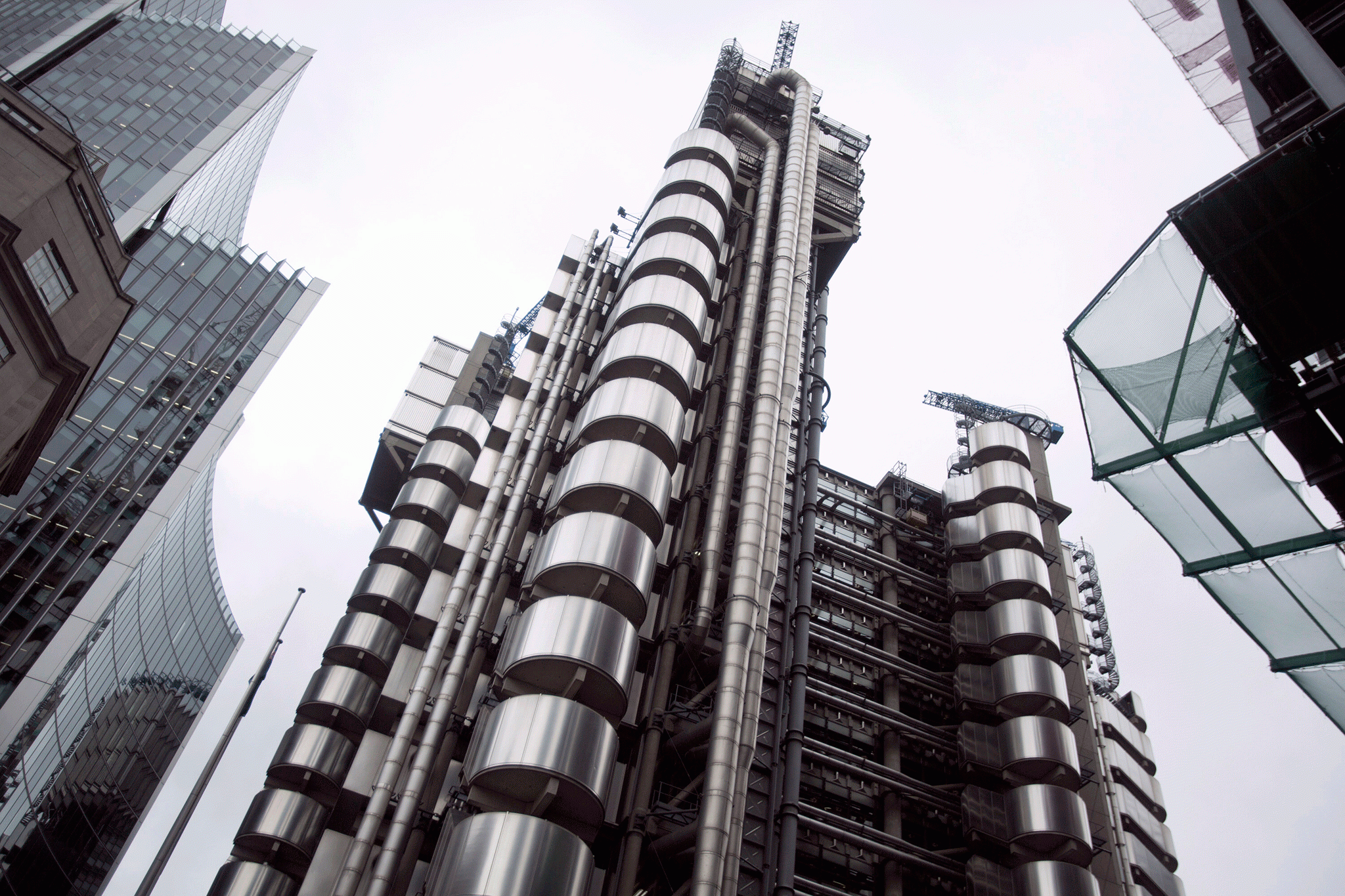Lloyd’s of London facing a perfect storm as Brexit bites
The venerable insurance market’s headline numbers look good, but when you drill down into them a different story emerges

Your support helps us to tell the story
From reproductive rights to climate change to Big Tech, The Independent is on the ground when the story is developing. Whether it's investigating the financials of Elon Musk's pro-Trump PAC or producing our latest documentary, 'The A Word', which shines a light on the American women fighting for reproductive rights, we know how important it is to parse out the facts from the messaging.
At such a critical moment in US history, we need reporters on the ground. Your donation allows us to keep sending journalists to speak to both sides of the story.
The Independent is trusted by Americans across the entire political spectrum. And unlike many other quality news outlets, we choose not to lock Americans out of our reporting and analysis with paywalls. We believe quality journalism should be available to everyone, paid for by those who can afford it.
Your support makes all the difference.LLOYD’S of London knows all about perfect storms, both those that are caused by the weather and the ones created by financial markets.
One of the latter is brewing outside its doors, and it’s not just the “big problem” of Brexit that’s causing it.
The market’s headline numbers, which have just been released, look rosy on the face of it. Pre-tax profits came in at £1.46bn for the first half of 2016, up from £1.2bn during 2015. Happy days!
But those numbers don’t tell the whole story. You have to dig into them to work out what’s really going on, and the picture that emerges from doing that isn’t so pretty.
This time last year the market made £10.50 for every £100 of premiums it took in after claims and costs. This year that figure has fallen to just £2.
Lloyd’s of London’s pre-tax profits have been flattered by the fact that the returns from investing those premiums trebled from 0.6 per cent to 1.8 per cent, good for £1.1bn of income compared with £340m last time. The extra return didn’t come from the market’s fund managers being clever. It was made as a result of movements in bond markets and counts as a one-off. Ms Beale admitted as much in her results statement, describing it as “not sustainable”.
Another one-off boost that is in the same category came from the strengthening of the dollar against the pound. Lloyd’s writes a lot of its business in dollars but reports its earnings in sterling. Sterling’s weakness, therefore, contributed a further £300m to the bottom line.
It’s the £2 you need to focus on. Putting all those £2s together produces an underwriting profit (handily enough) of £200m on £16.3bn of gross premiums written, down from the £850m made from the £15.5bn of premiums written in the first half of 2015.
Now underwriting profits are quite volatile, because you never know when they’re going to get knocked by a major catastrophe (or two, or even three).
This time around the Fort McMurray wildfires in Canada have been causing some Lloyd’s insurers a major headache.
But it’s the financial climate is giving Inga Beale a real migraine because Lloyd’s is going to struggle to make money from underwriting regardless. Interest rates are low all over the world. That makes Lloyds an attractive place for people to park their capital because underwriting insurance should provide better returns than keeping their money in cash.
Trouble is, too much money is chasing those returns, forcing the price of premiums down so that no one makes much money. The situation will likely continue until the market gets hit with a really big nasty (or nasties) and loses enough money to scare away the mug money.
That’s going to happen sooner or later. Catastrophes like Fort McMurray are becoming more common. Lloyd’s people tend to shiver when you say “global warming”.
The market is basically waiting for the hammer to fall. Fortunately, it’s in reasonably robust financial health and should be able to weather the storm that follows.
Trouble is, Brexit has thrown a lightning rod into the middle of it all.
Suddenly you can see why clouds are forming over the venerable institution.
Ms Beale should be alright if Britain remains in the single market, because that at least would enable the market to passport its business across the EU. But there’s no guarantee that will happen.
Her decision to start looking at setting up branches in the EU, or perhaps an EU wide subsidiary on the continent, is therefore wise. Some of her British employees might have to start praying that Britain’s Brexit-backing politicians agree to treat EU nationals working here nicely, otherwise they’re not going to find living on the continent much fun when their jobs move over there.
Brexit is by no means the only problem facing Lloyd’s of London. Despite what Ms Beale has been saying, it isn’t even the biggest one. It's just making a tough situation much, much tougher. If I was Ms Beale I’d buy a brolly.
Join our commenting forum
Join thought-provoking conversations, follow other Independent readers and see their replies
Comments